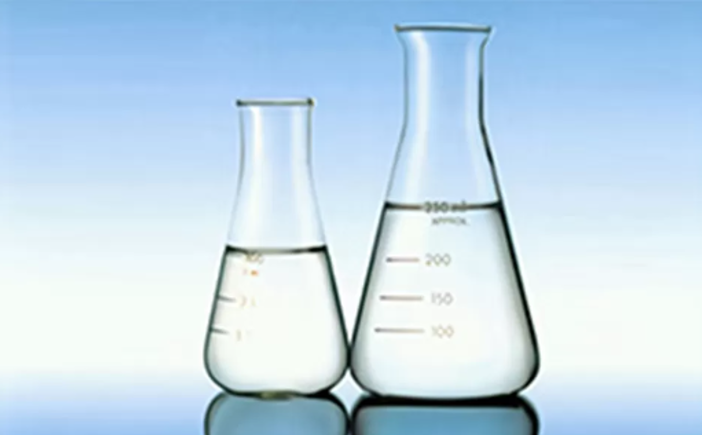
The Benefits of Using P-Menthane Hydroperoxide in Chemical Synthesis
Have you ever heard of P-Menthane Hydroperoxide (PMH)? If not, it’s time to add this versatile compound to your list of chemical synthesis tools! PMH has been gaining popularity in recent years due to its unique properties and numerous benefits for researchers and chemists alike. From increased reaction yields to simplified purification processes, using PMH in chemical synthesis can significantly improve the efficiency and effectiveness of experiments. In this post, we’ll explore some of the many advantages that PMH from Linxingpinechem offers – so read on to discover why this compound should be on your radar!
Introduction to p-Menthane Hydroperoxide
P-Menthane hydroperoxide is an important reagent in organic synthesis due to its ability to selectively oxidize a wide variety of substrates. It is also a useful reagent for the oxidation of alkenes and alkynes. In addition, p-menthane hydroperoxide can be used to prepare epoxides and vicinal diols.
Benefits of Using p-Menthane Hydroperoxide in Chemical Synthesis
P-Menthane hydroperoxide (PMH) is a powerful oxidizing agent that is used in many different types of chemical synthesis. PMH can be used to synthesize a variety of organic compounds, including alcohols, ketones, aldehydes, and acids. PMH is also an excellent catalyst for the dehydrogenation of primary and secondary alcohols. In addition, PMH can be used to epoxidize alkenes and to oxidize thioethers.
Uses of p-Menthane Hydroperoxide in Chemical Synthesis
P-Menthane hydroperoxide (PMHP) is a powerful oxidizing agent that has a wide range of applications in chemical synthesis. It can be used to oxidize organic compounds, convert alcohols to ketones, and produce carboxylic acids. PMHP is also an excellent source of hydrogen peroxide, which can be used to catalyze various reactions.
Advantages of Buying from Linxingpinechem
P-Menthane hydroperoxide is a powerful oxidizing agent that has a wide range of applications in chemical synthesis. It is used to produce a variety of organic and inorganic compounds, including pharmaceuticals, cosmetics, and dyes. P-Menthane hydroperoxide is also used as a bleaching agent and disinfectant.
Conclusion
- menthane hydroperoxide is an invaluable chemical in the synthesis of compounds and materials. Its wide range of reactivity makes it suitable for many different kinds of reactions, and its low toxicity makes it a safe choice for most laboratory settings. By leveraging the benefits of this versatile compound, chemists can create more efficient synthetic pathways that are both cost-effective and reliable.




